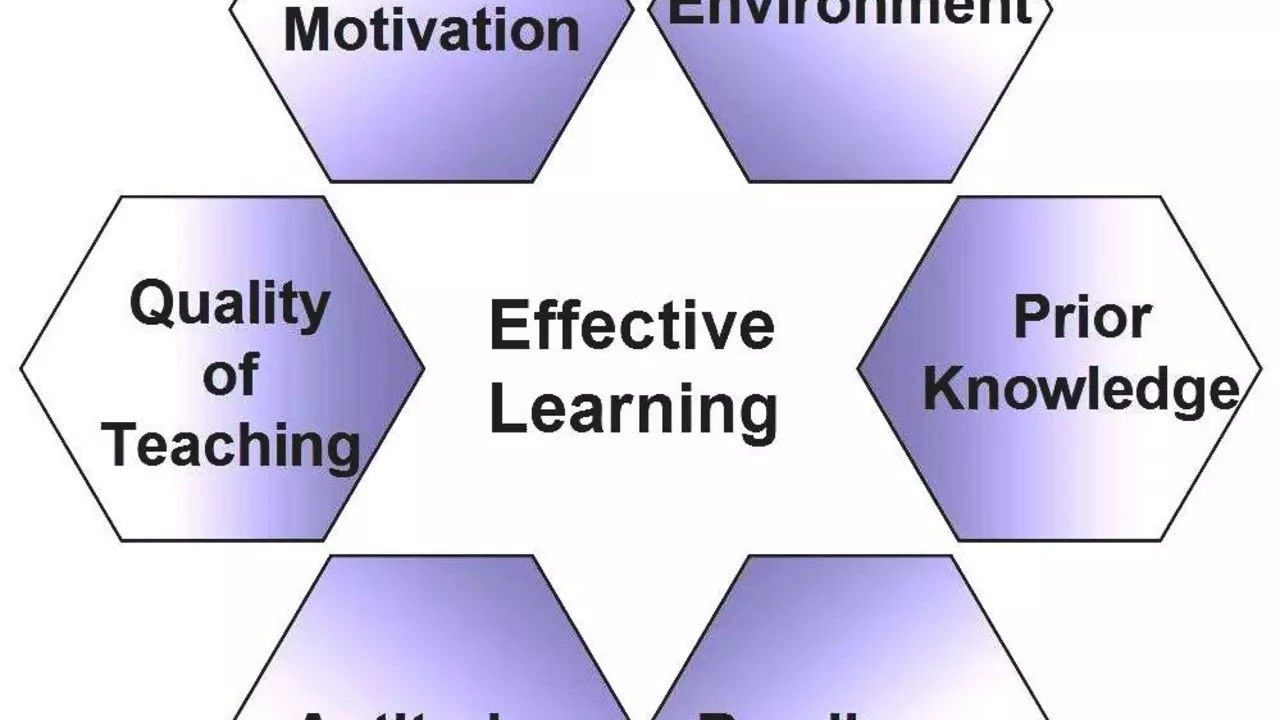 Jul, 27 2023
Jul, 27 2023
Understanding the Basics of Swimming
Swimming is a skill that requires a certain level of comfort in water. Water is not our natural habitat, and therefore, it can feel very unfamiliar and intimidating for beginners. It is completely normal to feel a bit scared or anxious when you first start. This fear or discomfort often makes it hard for beginners to learn how to swim. This is why it's crucial to take the time to familiarize yourself with the water before learning the different swimming techniques. It's all about getting comfortable in the water first, and then moving on to the actual swimming part.
The Importance of Breathing Techniques
One of the main challenges beginners face when learning how to swim is mastering the correct breathing techniques. Breathing underwater isn't something we're naturally equipped to do, which means it's something that needs to be learned. The fear of inhaling water often makes beginners hold their breath, which can lead to hyperventilation and panic. Therefore, learning how to breathe properly while swimming is crucial for beginners. It not only helps to keep you calm and composed in the water, but also provides your body with the necessary oxygen it needs to swim efficiently.
Nailing the Swim Strokes
There are four basic swim strokes - freestyle, backstroke, breaststroke, and butterfly. Each stroke requires a different set of techniques and movements. These strokes can be quite challenging to learn for beginners due to their complexity. It is important for beginners to take their time and not rush the process. Start by learning one stroke at a time and practice until you feel confident before moving on to the next one. Remember, practice makes perfect!
Building Strength and Endurance
Swimming is a full-body workout that requires strength and endurance. Beginners often struggle with this because they are not used to using all their muscles at once. Building strength and stamina takes time and regular practice. Don't be discouraged if you can't swim for a long time at first, this is completely normal. Start with short distances and gradually increase as you get stronger and more comfortable in the water.
Overcoming Water Phobia
Water phobia is a common issue that many beginners face. Being in the water can be quite scary for those who are not used to it. Overcoming this fear is an essential step in learning how to swim. Start by staying in the shallow end of the pool and slowly work your way deeper as you become more comfortable. It's also beneficial to take swimming lessons with a certified instructor who can provide you with the necessary guidance and support.
Importance of Proper Gear
Having the right gear can make a huge difference when learning how to swim. This includes a good quality swimsuit, goggles, and swim cap. Goggles protect your eyes from the chlorine in the pool and allow you to see clearly underwater. A swim cap helps to keep your hair out of your face, making it easier for you to focus on your swim. Investing in good swimming gear is definitely worth it for beginners.
The Role of Swimming Lessons
Swimming lessons can be extremely beneficial for beginners. They provide a structured learning environment where you can learn the correct techniques and receive feedback from a professional. Swimming instructors can also provide you with the motivation and encouragement you need to keep going. Don't be afraid to ask questions and seek help when you need it. Remember, everyone starts somewhere!
Learning to Float
Floating is another important skill that beginners need to learn. It might seem simple, but it can be quite challenging for those who are not used to being in the water. Floating requires you to relax and let your body go limp, which can be difficult when you're feeling tense or nervous. Practice floating in the shallow end of the pool until you feel confident enough to try it in the deeper end.
Importance of Consistency
Consistency is key when learning how to swim. It's not something that can be mastered overnight. It takes time, patience, and regular practice. Don't be discouraged if you don't see immediate results. Keep practicing and you will gradually see improvement. Remember, the journey is just as important as the destination!